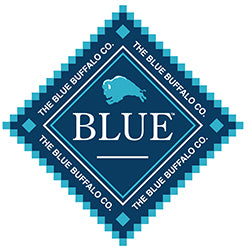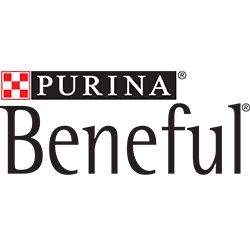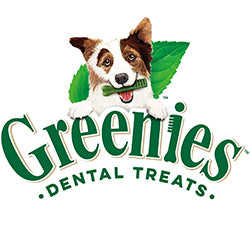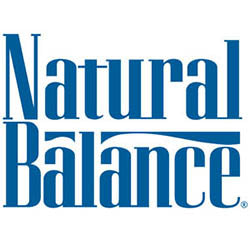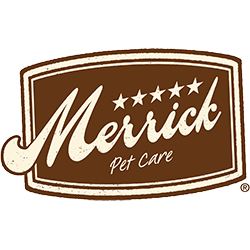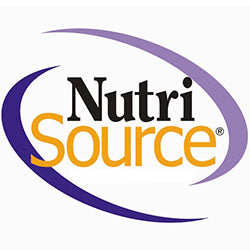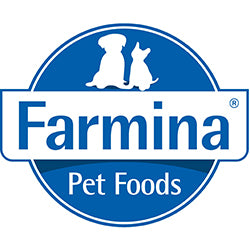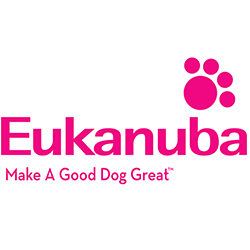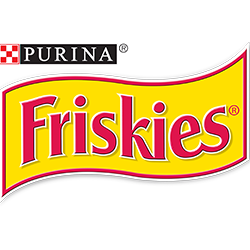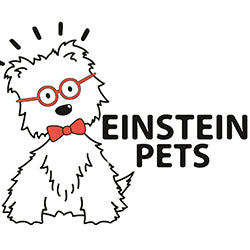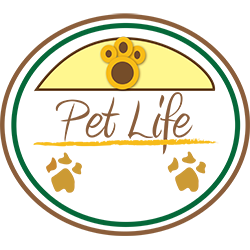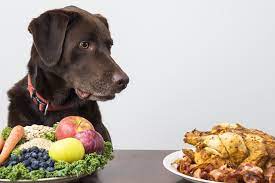
Understanding pet nutrition and how to feed them healthy food
It's often said that you are what you eat, and this adage holds just as true for our furry companions as it does for humans. Understanding pet nutrition is essential to ensuring the longevity and overall health of your pet. Just as in humans, nutrition plays a crucial role in maintaining an animal's body functions, preventing diseases, and supporting their daily energy needs. This article aims to delve deep into understanding pet nutrition and how to feed them healthy food.
Importance of Nutrition
Good nutrition is the cornerstone of a pet's health. It's a comprehensive process that starts with understanding the specific nutritional requirements of your pet, which varies based on their species, breed, age, and lifestyle. Just like humans, pets need a good diet that gives the right amount of protein, carbohydrates, fats, vitamins, and minerals. Nutrition impacts every aspect of an animal’s life, from their skin and coat health, digestion, and immunity to their overall vitality and lifespan.
Components of a Healthy Pet Diet
Let's discuss the components of a healthy diet for pets and how they contribute to their well-being:
1. Proteins: Proteins are vital for growth, maintenance, and repair of body tissues. They also provide energy and are essential for producing essential enzymes and hormones. Sources of protein in pet food include chicken, beef, fish, lamb, and plant-based sources like peas and lentils.
2. Fats: Fats are a concentrated source of energy and help absorb vitamins. They also aid in cell structure and function, and give to healthy skin and a shiny coat. Healthy fats come from both animal and plant sources, such as chicken fat, salmon oil, flaxseed, and canola oil.
3. Carbohydrates: Carbohydrates provide a quick source of energy. They aid in digestion, and help keep the brain and muscles working properly. Grains like rice, barley, and oats are excellent sources of carbohydrates.
4. Vitamins & Minerals: These are essential for many biological processes. They aid in maintaining healthy skin and hair, strengthening the immune system, and promoting bone health. They’re usually found in fruits, vegetables, grains, and meat.
5. Fiber: Fiber is a crucial component that aids digestion and helps maintain a healthy good weight by promoting feelings of fullness. Sources of fiber in pet food include beet pulp, bran, and certain types of grains and vegetables.
6. Water: Water is essential for digestion, absorption of nutrients, circulation of blood, and maintaining body temperature. Always make sure that your pet has access to fresh, clean water.
Special Nutritional Needs
Nutritional needs vary widely depending on the pet's species, breed, age, size, and lifestyle. For example, small animales need more protein and calories for their rapid growth, while senior pets may need fewer calories and more fiber and certain vitamins. Similarly, active breeds and working animals may require more energy-dense diets compared to sedentary pets.
Choosing the Right Pet Food
With numerous pet food options available in the market, choosing the correct one can be overwhelming. A few pointers to consider while selecting pet food are:
1. Nutritional Adequacy: Check if the food provides complete and balanced nutrition, which means it includes all necessary nutrients in the correct proportions.
2. Life Stage Appropriateness: Choose a food that is appropriate for your pet's life stage – puppy, adult, or senior.
3. Quality of Ingredients: Look for high-quality sources of protein, fiber, and other nutrients. Avoid foods with unnamed sources of meat or excessive amounts of fillers, colorings, and artificial preservatives.
4. Veterinary Recommendations: It’s always advisable to discuss your pet's dietary needs with a vet, who can provide guidance based on the animal’s health, age, breed, and lifestyle.
Feeding Your Pet
When it comes to feeding, each pet is unique. Factors such as age, health, and activity level determine the quantity and frequency of feeding. As a general rule, puppies and kittens need small meals frequently throughout the day. Adult dogs and cats, on the other hand, usually do well with two meals per day.
It's essential to monitor your pet's weight and adjust portion sizes accordingly. Obesity is a significant health problem in pets, leading to conditions like diabetes, arthritis, heart disease, and reduced life span.
Homemade Diets and Raw Food
Some pet owners opt for homemade diets or raw food diets. While these can offer certain benefits, they also carry risks if not properly balanced. It's challenging to ensure homemade meals provide all necessary nutrients in the right amounts. Raw diets, while mimicking a natural diet, can carry pathogens like Salmonella and E.coli, posing risks to both pets and humans. Always talk to a vet or pet nutritionist before transitioning to these diets.
Treats and Human Food
Treats and scraps of human food might seem like a nice way to pamper your pet, but they can lead to overfeeding and nutritional imbalance. Treats should make up no more than 10% of your pet's daily calorie intake. Many human foods can also be harmful or even toxic to pets, like chocolate, onions, grapes, and alcohol.
Understanding pet nutrition is a critical aspect of responsible pet ownership. The healthiest diet for your pet is one that meets their individual nutritional requirements, keeping them active, happy, and healthy. By understanding your pet's nutritional needs, you ensure that you're providing them with the best possible care and setting them up for a long, vibrant life.
Factors Influencing Dietary Choices
Understanding pet nutrition involves considering several factors that can influence dietary choices for your pet. These factors may include:
1. Allergies: Some pets may develop allergies or intolerances to certain foods, which can cause symptoms ranging from digestive issues to skin problems. If an allergy is suspected, it's critical to talk with a veterinarian who can help determine the cause and suggest appropriate dietary changes.
2. Health Conditions: Certain health conditions require specific dietary modifications. For instance, pets with kidney disease often benefit from diets low in phosphorus and protein, while those with diabetes require a diet with consistent carbohydrate content. Always consult with a vet for diet plans associated with health conditions.
3. Breed-Specific Diets: Some breeds may have specific dietary requirements due to their unique physical characteristics or predispositions to certain health issues. For example, large breed puppies need diets that promote slow, steady growth to prevent orthopedic issues.
4. Reproductive Status: Pregnant or lactating animals have different nutritional needs, requiring more calories and nutrients to support fetal growth or milk production.
Nutritional Supplements
In some instances, your pet may require dietary supplements to meet their nutritional needs fully. This could be due to a deficiency, a health condition, or life stage requirements. Common supplements include vitamins, minerals, fatty acids, probiotics, and joint supplements like glucosamine and chondroitin. It's important to know that supplements should not replace a good diet but should be used as part of an overall nutritional plan, under the supervision of a veterinarian.
Understanding Pet Food Labels
Pet food labels can give a wealth of information about the nutritional content of the food. However, it's important to understand how to interpret this information correctly. Here are some tips to keep in mind:
1. Ingredients: Ingredients are listed in descending order by weight. This means the first few ingredients make up the majority of the food. Look for recognizable sources of protein as the first ingredient, such as chicken, beef, or fish.
2. Guaranteed Analysis: This section provides the minimum or maximum amounts of nutrients in the food, such as protein, fat, fiber, and moisture.
3. Nutritional Adequacy Statement: This indicates whether the food provides complete and balanced nutrition and for which life stage it's appropriate.
4. Feeding Guidelines: These provide a starting point for how much to feed your pet based on their weight. However, these are only guidelines and may need to be adjusted based on your pet's individual needs.
The Role of the Veterinarian in Pet Nutrition
Veterinarians play a crucial role in your pet's nutrition. They can give personalized information based on your pet's health status, life stage, and lifestyle. They can also help diagnose and manage food allergies or intolerances, guide you on weight management plans, and recommend therapeutic diets for specific health conditions.
Annual veterinary check-ups often involve a discussion about your pet's diet and body condition. Regular weight checks and body condition scoring can help detect any issues early and adjust the diet as necessary.
Conclusion
Proper nutrition is integral to the health and longevity of your pet. A balanced diet that takes into your pet's unique nutritional needs can help maintain optimal body function, prevent diseases, and promote a high quality of life. Understanding pet nutrition involves not just knowing the components of a healthy diet, but also recognizing the influences of life stages, health status, and individual variability on dietary requirements.
By educating yourself about pet nutrition, you become empowered to make the best dietary choices for your pet. Remember, the goal is not just to feed your pet but to nourish them. The right diet, coupled with regular exercise and regular vet check-ups, make sure that your pet lives a happy, healthy, and fulfilling life.
- Choosing a selection results in a full page refresh.

